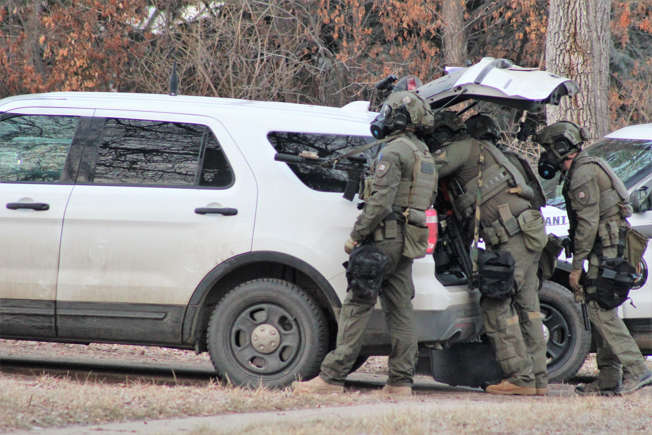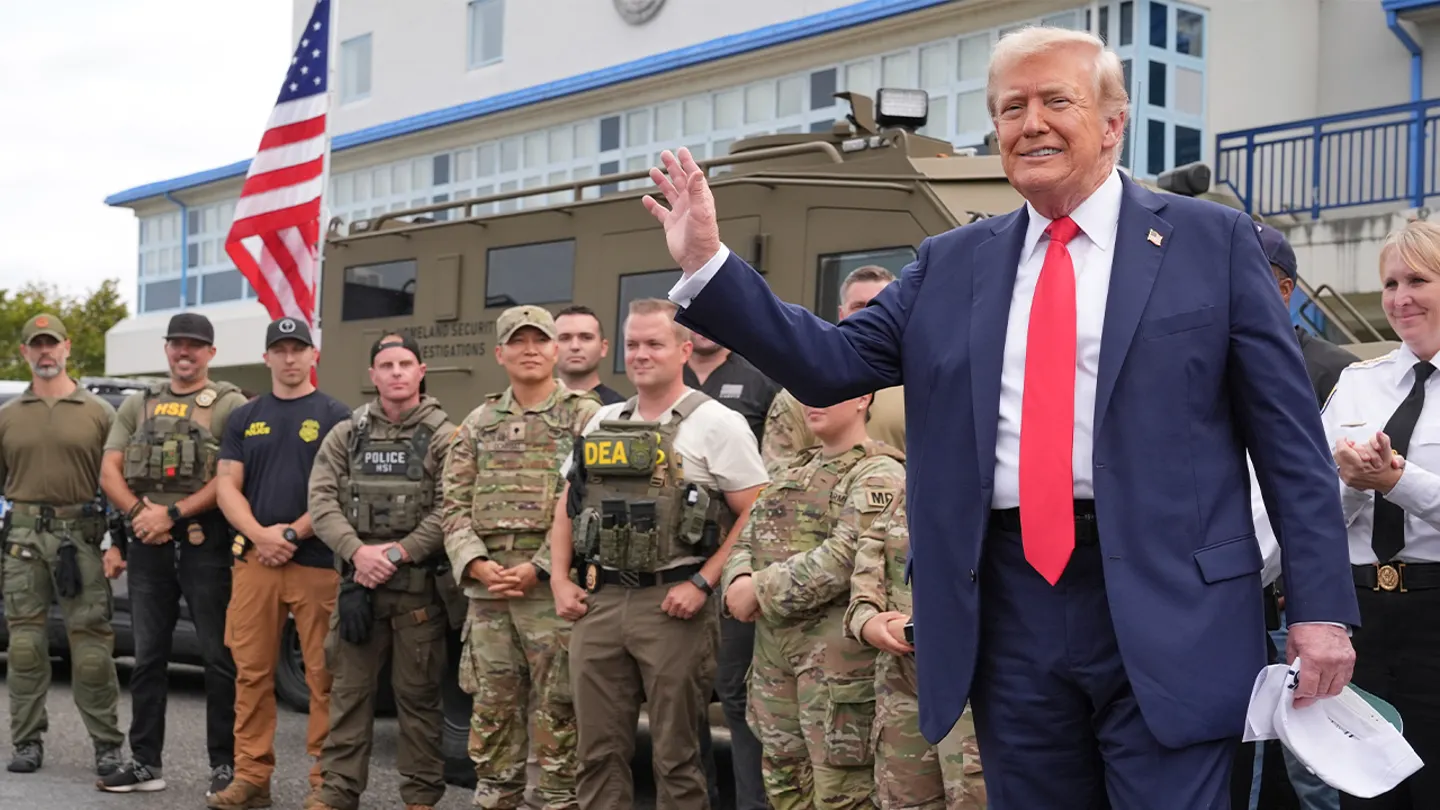A number of Democratic-led states are taking the initiative to enact new legislation that will alter the way federal immigration officials, such as those from the Department of Homeland Security (DHS) and Immigration and Customs Enforcement (ICE), function inside their borders.
What is being suggested?Bills being considered by lawmakers in states including Massachusetts, New York, and California would:
-
Ban masked, undercover agents
from conducting arrests in public. -
Require agents to clearly show identification
, such as badges or name tags, during their operations.
These moves are motivated by public concerns that anonymous agents create fear and can even be impersonated by criminals.
Why it’s importantMany communities, particularly immigrant groups, have been frightened by images of armed, unidentified agents detaining people occasionally seemingly at random. Advocates argue that demanding visual identification is a question of accountability and civil rights.
Action examples include:
-
Federal level
: Senators like Richard Blumenthal (CT), Patty Murray (WA), Alex Padilla (CA), and Cory Booker (NJ) have introduced the
Visible Identification Standards for Immigration-Based Law Enforcement (VISIBLE Act)
. It would mandate that DHS and ICE officers wear visible name tags and insignia and not hide their identities. -
House of Representatives
: Reps. Dan Goldman and Adriano Espaillat (both from New York) introduced the
No Secret Police Act of 2025
. This bill similarly seeks to ensure agents cannot conceal their identity during civil immigration enforcement actions.
Expert concerns: Whether states can impose such conditions on federal agents without going beyond constitutional bounds is a topic of legal controversy. DHS officials are among the opponents who claim that these regulations could unfairly condemn ICE agents and hinder the efficiency of law enforcement.
With these bills, blue states are attempting to take greater authority over the way immigration enforcement is conducted in their localities. They draw attention to the fine line that must be drawn between upholding federal law enforcement authority and defending civil liberties.












